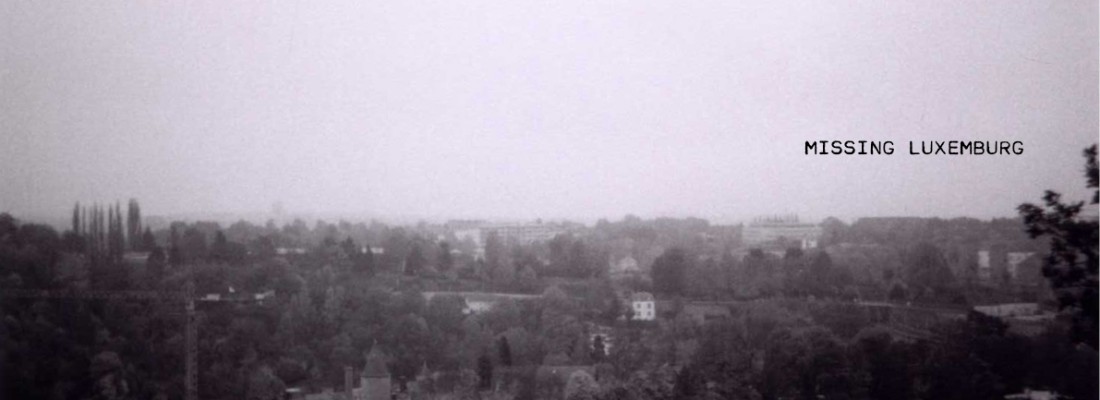
mo-nop-o-ly
– noun, plural -lies.
1. exclusive control of a commodity or service in a particular market, or a control that makes possible the manipulation of prices.
2. an exclusive privilege to carry on a business, traffic, or service, granted by a government.
3. the exclusive possession or control of something.
4. something that is the subject of such control, as a commodity or service.
5. a company or group that has such control.
6. a board game in which a player attempts to gain a monopoly of real estate by advancing around the board and purchasing property, acquiring capital by collecting rent from other players whose pieces land on that property.
In the game of Monopoly, the paramount objective is to ‘become the wealthiest player through buying, renting and selling property’2; methodologically imprecise, new-generation players hence silently establish different, varying agreements and treaties amongst themselves to capitalize their positions in the game. governed by the law of ‘mutual agreements’, this mode of progressing in this mono-political quasi capitalist game, as the Marxist theory of the capitalist mode of production (kapitalistische Produktionsform) in Das Kapital:
‘In the social production of their existence, men inevitably enter into definite relations, which are independent of their will, namely relations of production appropriate to a given stage in the development of their material forces of production. The totality of these relations of production constitutes the economic structure of society, the real foundation, on which arises a legal and political superstructure and to which correspond definite forms of social consciousness’
But lets not ignore the fact, this particular modality of social relations in capitalistic productions are inherently in conflict with the increasing development of human productive capabilities, as Dante poetically hymned:
Here must all distrust be left; All cowardice must here be dead.
Given the invisibility(almost absent) of a central political capital of the European Union, and the anonymity of the anonymously created anonymous, who is to be responsible for its disparate drawbacks? Of course, considering Jean monnet’s (1888 – 1979) admirable planning for the reconstruction of France and europe after World War 2, we can confidently be assured that the European ‘utopia’, economically, will continue to be celebrated. Then, the heaviest encumbrance lies on proletariats of the non-bourgeoisie communities of a typical capitalist pyramid while eu’s exploitation will eventually revolutionize new modes of production, and new class struggle contest between societies.
The European’s power of ruling is silent(and wide), let’s not obliterate that it could have appeared so because, not all other non-EU states’ economy are performing fallaciously, but it is the European Union’s strict unapportioned law that contiguously expands it’s worldwide network bureacratically that is despotic.
Beginning with the evolutions of the world, Europe, and Luxemburg, we will investigate a few of the distinctive agreements and multi-layered-overlapping treaties endorsed between them, and the understanding of Luxemburg as an integral part of europe as a centre for economical network of relationships. Themetically taking closer looks at the following treaties, the consummation of the silent power of europe will slowly (and have already begun) colonize it’s partners into an invisible regime ‘without the use of military force’.
From the historic europeans’ colonial rule in various parts of the world to modern day Europe, the implementation of Luxemburg’s ideology of trade and tax tributes has been translated to today’s economically capitalist network of treaties and agreements, implicitly, will metaphorically overtake the combined effort of all 16th century european powers.
though its might have proven economically sustainable and consistent since the last half of the century surpassing the used-to-be most powerful america following Japan through trade and standardized commodities, how(and what) can Luxemburg capitalize on with its geographical positioning in europe and the world?
According to Mark Leonard in his book ‘Why Europe Will Run the 21st Century’, the power of Europe lies with its law. europeans have generated a series of common standards and laws (approximately 80,000 pages of text6) to be adhered by the community of the union. That being affirmed, future participating members must, too, conform to these rules before being commissioned. we will investigate the bureaucracy of the system and the contradictions that europe and Luxemburg has brought upon itself, and the magnetivity of the power of this silent empire.
Accompanied by the title of this book suggests, ‘This is not… Luxemburg: Missing Luxemburg’, we too, will investigate the interventions that Plateau de Kirchberg in particular, have done for Europe frugally and its potential to rule the european power as a capital and it’s crystalized spatial consequences of the plateau. The other connotation will thus be confronted evidently, that the invisible is missing; the spatial dogmatism of the absent.
